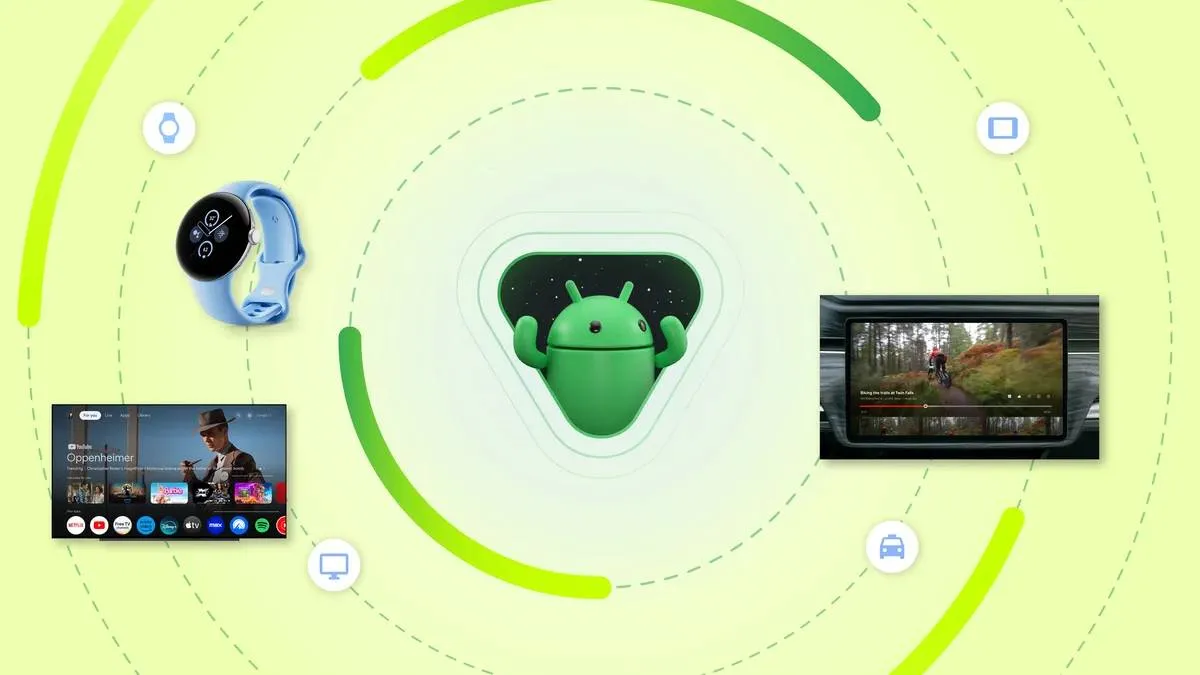Google is gearing up to launch a new system to protect Android users from the problem of malware. The company is working on a new live threat detection service. The service will leverage Google Play Protect’s on-device AI to analyse apps for suspicious behaviour. As per the company, the service will analyse various signals on how apps use sensitive permissions and interact with other apps and services. The live threat detection service was announced following the Google I/O developer event on Tuesday.
How will Google's live threat detection feature work?
On analysis, if Google Play Protect finds the behaviour of any app suspicious, it will send the app to Google for additional review. In addition to this, it will also warn users who have the app installed or it can even disable the app, if necessary.
How will the data be processed?
The service also uses Google’s Private Compute Core, which is an Android privacy infrastructure introduced in 2022. It offers a separate data processing environment inside the Android operating system and gives users control over if, how, or when their data is shared. By using Private Compute Core, the service can protect users without collecting their data.
When will the service roll out and the eligible devices?
As per the company, the service will be available on Pixel devices later this year. In addition to this, other manufacturers such as Oppo, Honor, Lenovo, OnePlus, Nothing, Transsion, Sharp, and more will also join the service.
What else?
Google has announced that it will hide one-time passwords from notifications to reduce the risk of fraud and spyware. Additionally, Android 13's restricted settings will be expanded to require additional user approval when enabling app permissions for sideloaded apps.
Meanwhile, Google addressed a major concern for Android users at the Google I/O 2024 event on May 14. The company made several announcements, including the introduction of the Scam Call Alert feature. This feature demonstrated during the event, displays an alert when users receive calls from private numbers. It is powered by Google's Gemini AI, which uses artificial intelligence to detect and alert users to potential scam calls.
ALSO READ: OpenAI's GPT-4o vs Google's Project Astra: What's different?

